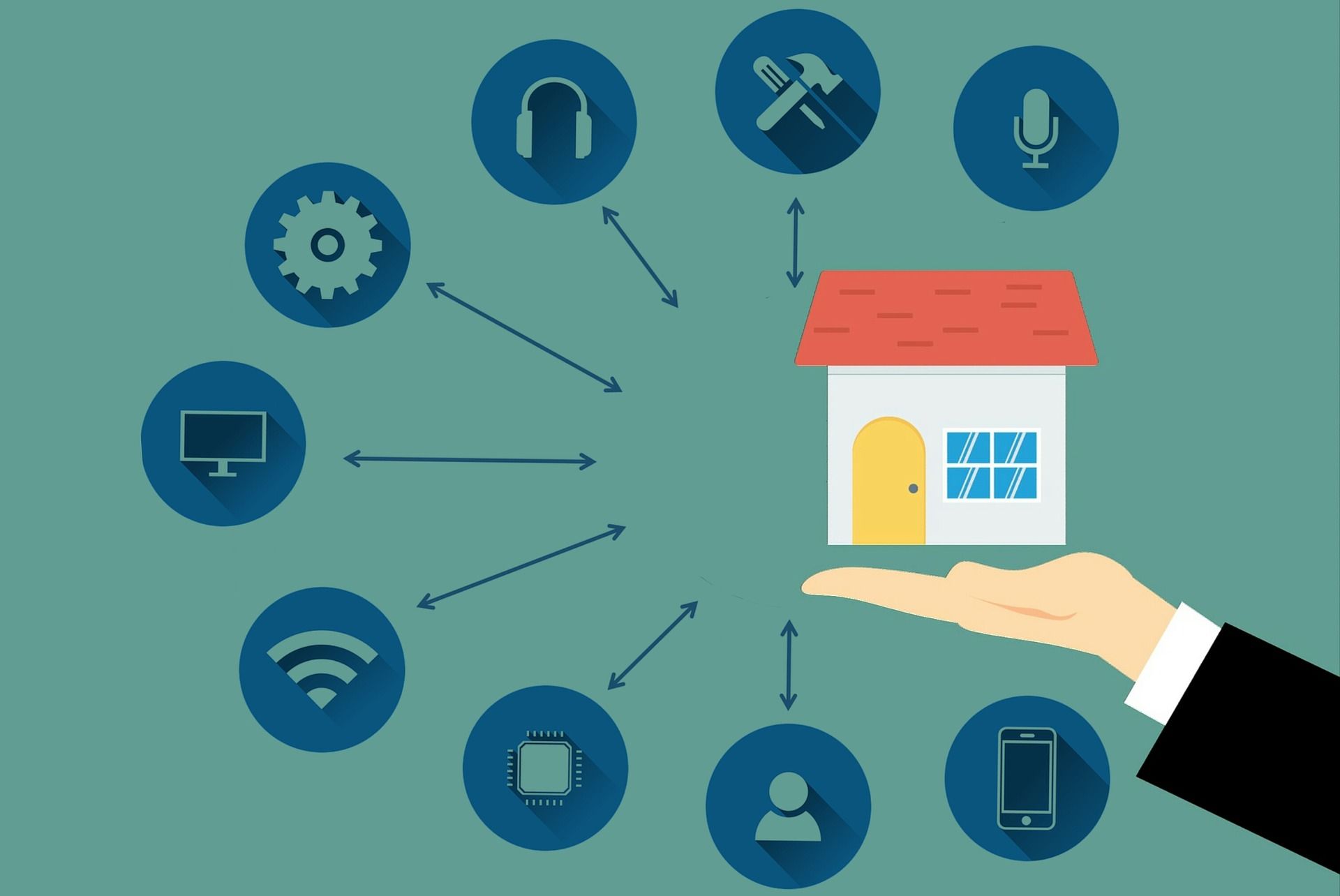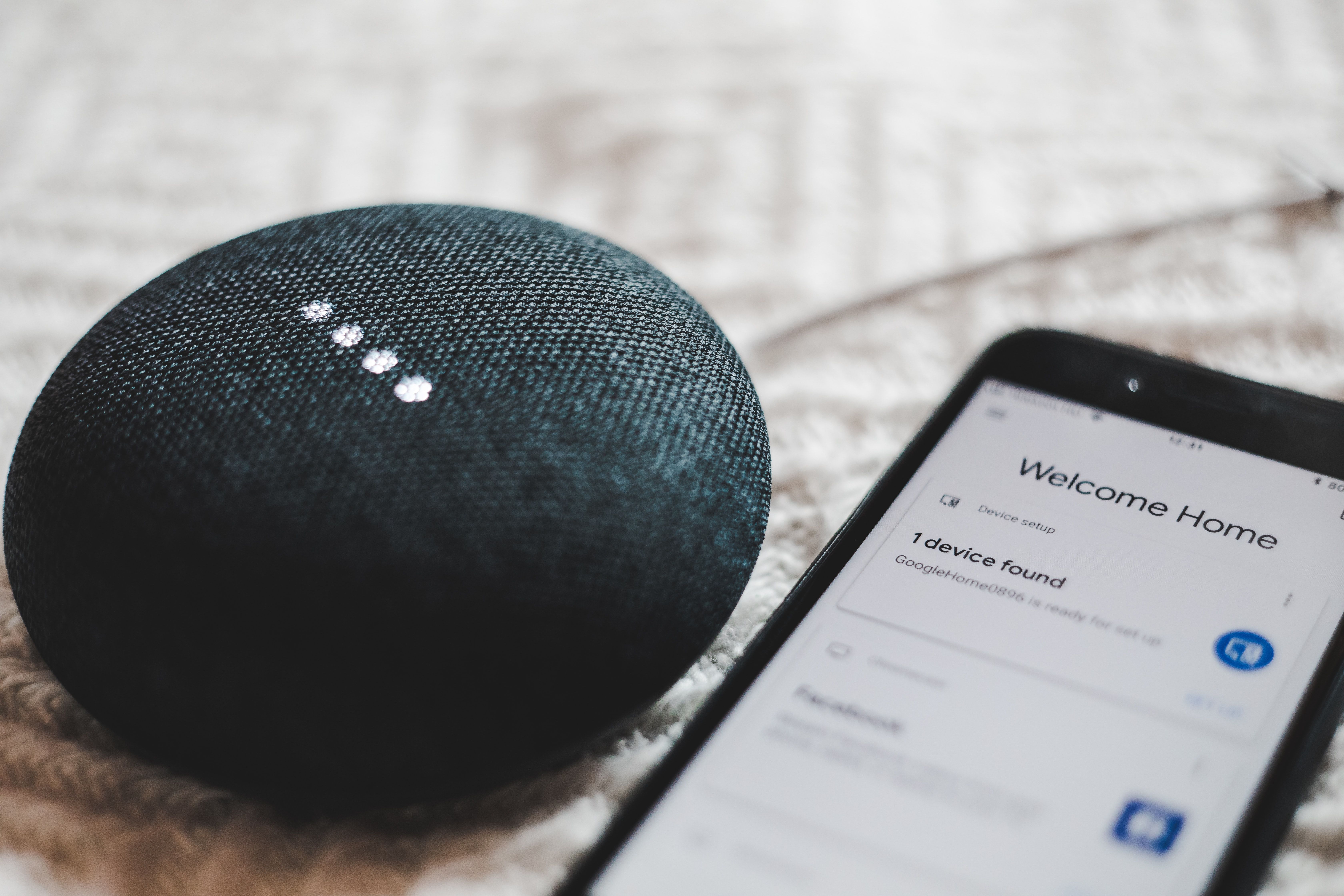Smart devices make your home a little more intelligent, but this added functionality comes with a nasty downside. As it turns out, internet-connected devices are under heavy siege from hackers, and it's important to know why this happens and how to protect yourself.
Let's explore why your smart home may be under silent attack—even as you read this—and what you can do about it.
Why Are Smart Devices Vulnerable to Attack?
You may be hurt to hear that your favorite smart home device may secretly be conspiring against you, but it's the nature of internet-connected devices. By connecting to the world wide web, the smart device can download updates or receive commands no matter where it is. Unfortunately, that means that other people can also get into your devices if it's not secure.
For example, a smart surveillance service may claim to make your house more secure. That's because it gives you security cameras and devices that let you keep your eye on your home via your smartphone, no matter where you are.
Unfortunately, this does mean that anyone who gains access to your surveillance system can also peep through the cameras and check out your home. This wouldn't be a problem if the system had good defenses, but sometimes hackers manage to slip through the cracks.
As such, when you add internet-connected devices to your home, it creates a potential doorway that hackers can use to enter your systems.
But Hackers Aren't Attacking My Smart Home Systems... Right?
Unfortunately, there's a good chance that your smart devices are under attack. It's easy to assume that smart home security breaches are once-in-a-blue-moon events, but a recent report shows that it might not be as infrequent as we may first think.
The popular consumer website Which? ran an investigation where they loaded up a house with smart devices. Of course, the house itself wasn't occupied, so nobody's privacy was under attack; however, Which? monitored the internet connection to the home to see what happened.
How badly did the dummy smart home suffer? As it turns out, it had a rough time; Which? detected about 12,000 individual attacks and scans on the home in the space of a week. That's a huge number of attacks being launched against a single smart house.
Related: The Rise of IoT Botnets (And How to Protect Your Smart Devices)
Of course, not every attack managed to breach the defenses and get into the smart house. If an attack targeted a properly secured device, it would correctly turn the hacker away again. This is the equivalent of someone rattling the door handle, noting that the door is locked, and leaving to find something more susceptible.
For instance, the smart home had a smart Epson printer which hackers took a particular interest in. They may have wanted to use it as a staging ground for further attacks, or they may have just wanted to save on printer ink; either way, nobody managed to get in because the printer's password was too strong.
However, not every device had such a happy ending. The smart house also had an ieGeek security camera, bought off of Amazon for £40 (about $55). 68% of reviews for the camera gave it the full five-star rating, and Amazon had listed it as an "Amazon's Choice" product. In short, it was easy to assume the camera was a top-quality product.
However, not long after the camera's installation, someone had managed to get into its systems and look around the house with it. They even managed to change some of the settings on the camera.
Fortunately, you need not worry about this camera anymore. After Which? reported this flaw to Amazon, the shopping giant pulled it off the store, citing that the camera was too unsafe for sale.
How to Keep Your Home Safe From Hackers
The Which? investigation is a seriously worrying wake-up call about the safety of smart homes.
It's easy to assume that all the horror stories about smart devices are just one-off cases and that all the security warnings around them are just paranoid rambling. However, this investigation proves the threat is very much real.
So, what can you do?
Keep Your Devices Dumb!
The absolute best way to keep hackers out of your devices is to ensure it never connects to the internet whatsoever. Of course, the best defense is to prevent any connections from entering or leaving the device, so buying non-smart (or "dumb") devices is a great way to keep them safe from prying eyes.
Only Buy Devices From Reputable Brands
If you really want to buy a smart device, be sure only to purchase ones from reputable brands. For example, you had likely never heard of ieGeek as a company before reading about how their smart camera was a privacy nightmare, despite its glowing reviews.
That's why it's important to pick brands with a good reputation under their belt. These might be brands you've heard of previously, or they may be new entries with a couple of years under their belt and glowing reviews on Amazon and user forums.
That's not to say that every product that a reputable company releases will be an impenetrable fortress. However, there's a better chance that a well-known and respected company has put a lot of time and effort into making their devices secure due to their years of prior experience.
Keep Your Passwords Strong
Remember in the Which? investigation, how the Epsom printer managed to survive a lot of heat because it was programmed with a strong password? That's why security experts always advocate setting a good password for your accounts and systems. A password with good security hygiene can mean the difference between a compromised nightmare and a safe system.
Fortunately, your passwords don't have to be a random, unmemorable jumble of letters and characters that you always forget. Instead, there are plenty of ways you can create a strong password that's easy to remember, including using your pet's name as the seed for your password.
Keep Your Systems Updated
Hackers are a curious bunch and enjoy prodding at systems to find faults that they can exploit. Unfortunately, it's hard (if not impossible) to design and release a product that's 100% exploit-free.
Fortunately, the internet connectivity of smart devices allows developers to fix issues and distribute patches after you've bought the product. That way, if hackers do manage to punch a hole in the defenses, the developers can distribute a patch that fixes it up.
Of course, this plan wholly depends on you allowing updates on your device. As such, if it doesn't automatically update its own firmware, it's worth checking for new patches every so often to keep your devices secure.
Make a Smart House a Home
Putting a device on the internet makes it convenient for you to connect to it from anywhere, but it also makes it convenient for hackers. Fortunately, not every smart device is a ticking privacy bomb; buy only respected brands, keep them updated, and use strong passwords to prevent a nasty surprise.
Besides choosing stellar products from the get-go, there's plenty you can do to secure a smart home. For example, a guest network on your router can double as a contained smart device hub to keep hackers away from your home computers.



